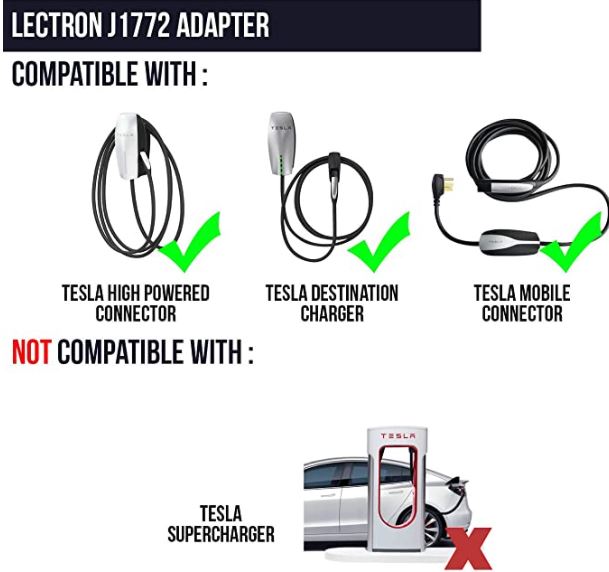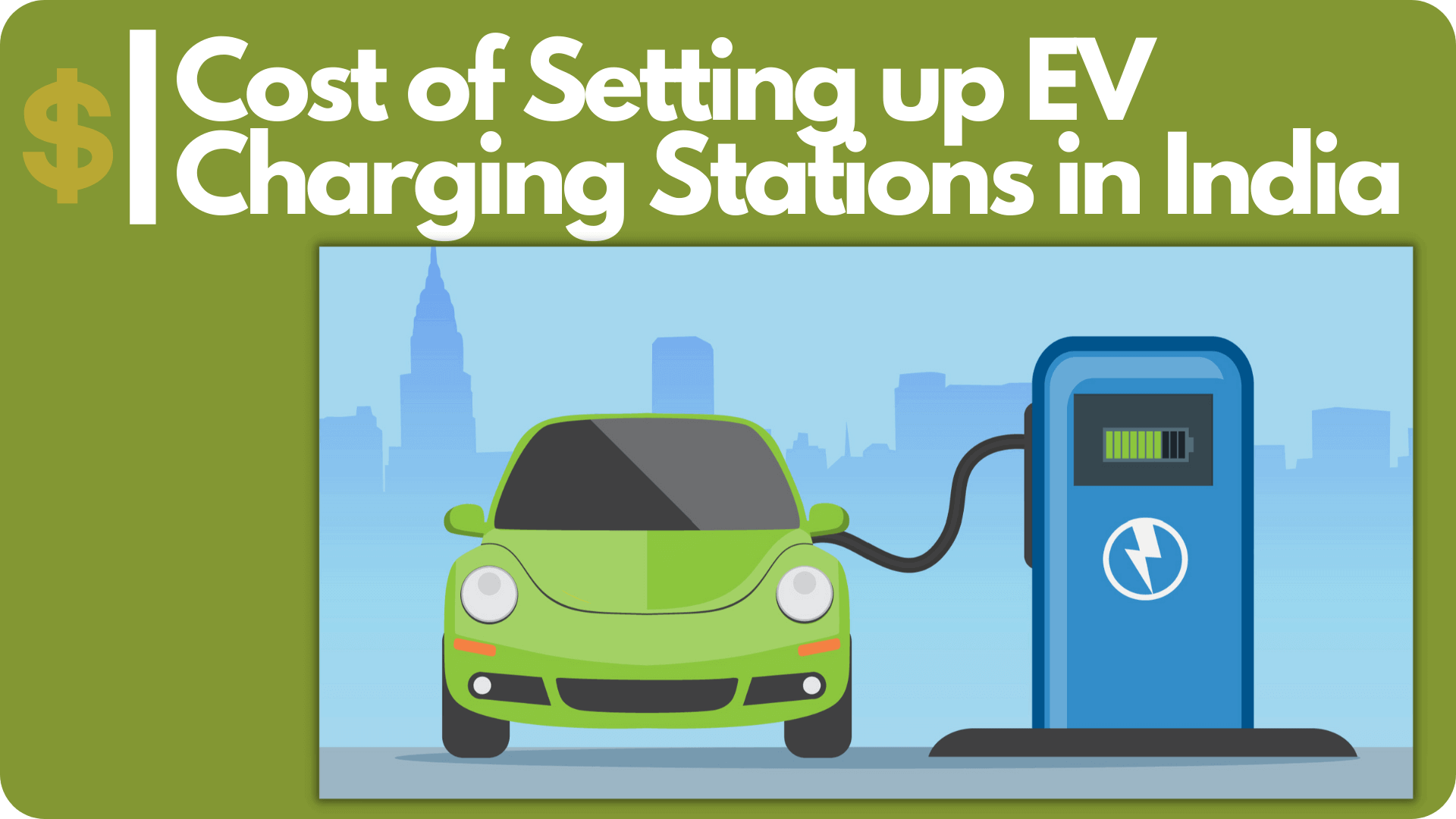
The Tesla Model 3 is the most well-known electric vehicle. The Model 3 is a top choice for consumers due to its high resale values. However, it is also one the most economical EVs per kilometer. A $7,500 federal tax credit may help consumers save money on a new Model 3. The benefits won’t last. It is expected that Tesla will soon reach the 200,000 mark and that the credits will begin to end.
While the federal tax credit of $7,500 is not available for all Tesla customers, it will likely spark interest. It will be phased off at 50% of annual U.S. vehicle sales and will end after December 31, 2030.
The Inflation Reduction Act, which was signed into law in August, contains a $7,500 tax credit for buyers of new electric vehicles. The Inflation Reduction Act was drafted to meet President Biden's campaign goals. It also abolished a cap in manufacturing. This was designed to encourage companies in making more energy-efficient vehicles.

Inflation Reduction Act also included a transition rule. It is not clear if this will be implemented and if it will be phased away as part the legislation. In the Senate version, a provision requires that the Treasury Department publish clear guidance on how credit will be applied. Also, the new tax credit system cannot be simplified by using a quick trick.
There are a few other stipulations to the Inflation Reduction Act. The Inflation Reduction Act has a few other requirements. One is that the critical battery materials must come from a country that has a free trade agreement. Another requirement is that electric vehicle batteries meet a minimum threshold. The tax credit will be reduced by half to $1875 for a few additional quarters.
The Build Better Act passed in the House of Representatives on November 19, 2021. It also includes EV tax credits. It is possible that the pending legislation will bring back these incentives. House legislation will raise the base credit from $2,000 in 2022 to $5,000 in 2026. It will also increase the credit available for cars manufactured in the United States. However this won't be effective until 2022.
Although some EV tax credits will be included in the Senate version of The Build Better Act, they are not all. Although the Inflation Reduction Act was first to provide federal tax credits for EVs it won't be the last. The Senate needs to pass this bill and go through the legislative process. The bill is likely be amended. In the meantime, it is unlikely that Trump will extend Tesla tax credit.

The most important EV tax credit to watch is the one for electric trucks. The maximum MSRP a vehicle can be sold in the United States at any given time is $80,000 That amount is being adjusted in the Inflation Reduction Act, and the new limits on the amount of the tax credit are being introduced for the first time.
FAQ
What is the average time it takes to become a mechanic?
Expert mechanics take years of practice and extensive experience. The best way to learn how to repair cars is by working under the supervision of a professional mechanic.
You will spend time in a workshop learning everything you can about cars. You will need to be familiar with mechanical engineering books about mechanics, car design, and other topics.
Auto school is also required.
The most important thing is to start early. It doesn't matter if you're old or not to study automotive technology. Do you want to be a mechanic? Get started today!
What are the requirements for an automotive technician?
You must have high school, or GED, and be able to read and write well in English and math. Additionally, you will need to be proficient in reading and writing. To be allowed to work, you must pass a written and practical test.
How do I fix my vehicle as a hobby?
It's a great hobby to take on if you are passionate about cars. You could learn how to repair them, buy parts for them, sell them or just enjoy them. This would be a wonderful hobby if you're looking to find something completely different.
It's not an easy task to make this a full-time job. It requires a lot of hard work and dedication. Also, you will need to put a lot of money into it.
It is best to avoid getting involved in car accidents unless you have good reasons.
How do I prepare to be a mechanic apprentice?
It is essential to understand what you are getting into. Understanding the mechanics and working of cars is essential. This will make it easy to find the right place to start your first day in the garage.
You should also know how to fix common problems such as tires or broken lights.
You will be able to diagnose and repair problems yourself.
You'll also need to know how different parts fit together to put them back together again.
And finally, you must know how to use tools safely and efficiently.
All these things will help you to become a competent mechanic.
To be a car mechanic, do you need a degree? What about part-time study?
A degree isn't necessary, but it certainly helps. Employers will prefer candidates who have completed a degree. It shows that you've put the effort in and have done everything possible to succeed.
You can still study while working, however. Some universities let students complete their coursework in the summer and then continue their studies during the school year. Some universities allow students to take part-time classes throughout the year.
Statistics
- The U.S. Bureau of Labor Statistics (BLS) reports that the job outlook for automotive service technicians and mechanics is expected to decline by 4% from 2019 to 2029. (indeed.com)
- 52% of Mechanics in the United States think their salaries are enough for the cost of living in their area. (indeed.com)
- Apprentice mechanics earn significantly less hourly than mechanics who have completed training, with a median wage of approximately $14.50 an hour, according to PayScale. (jobhero.com)
External Links
How To
How to become an automotive technician
An automotive technician performs repairs and maintains vehicles. He/she can be found at auto shops, garages and service centers. He/she works with customers to repair their cars and trucks, ATVs or snowmobiles. An automotive technician must have the ability to quickly diagnose and fix problems.
An associate degree should be obtained from a vocational school if you wish to work as an auto technician. After completing the program, he/she must pass ASE certification. ASE stands to American Society of Mechanical Engineers. There are two sections to the ASE certification test. The first section tests for mechanical knowledge, the second for practical skills. To pass the test you must go to one of the authorized testing facilities. You can find these locations online or through your local automobile dealer.
A candidate must pass the state exam after passing the test to become an automotive technician. This process is different depending on where you live. Some states require that candidates attend training courses, while others permit them to learn independently. Some states issue licenses to technicians as soon as they get their license. Others wait until they have worked at least six months as an automotive technician.
A person must apply to an auto dealership in order to get started as an automobile technician. Most new employees work as apprentices after they have been hired. Apprenticeship programs last about three years. During this time, a student learns how to perform basic repairs, such as changing oil, adjusting brakes, replacing tires, cleaning spark plugs, inspecting engine compartments, and performing routine maintenance. Some students are taught how to repair engines and replace transmission fluids. Most schools offer classes during regular business hours. However, there are some schools that offer evening classes for those who need them.
Once a student is done with his/her apprenticeship he/she can become a master journeyman. Journeymen spend typically four to five years learning to install major systems such as transmissions and differentials, steering gear, suspensions and drive shafts. You will also learn how to repair complicated electrical components, as well as how to remanufacture engines and rebuild transmissions. Because they have the experience and knowledge to do the job right, employers love hiring journeymen.
A candidate who passes all the necessary exams and gets a license might be interested in opening his/her own business. According to Bureau of Labor Statistics, there were almost 1.7 million available jobs in the automotive mechanic field in 2010. This number was expected increase 18% between 2009 - 2020. Candidates who decide to open their own business should be prepared to invest thousands in equipment and supplies.
The salary for an automotive technician depends on several factors, including the type of employer, location, education level, and experience. A jobless person can expect to make $20,000 per year. Someone with only a high school diploma could earn around $21,000 per year. Associate's degrees earn approximately $24,000 per annum. Technicians with a bachelor's degree earn about $27,000 per annum. A master's degree earns around $32,000 per a year. Salary increases are common so professionals who make less than $30,000 a year could realistically expect to earn $40,000 over the next few years.